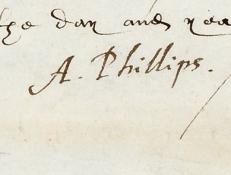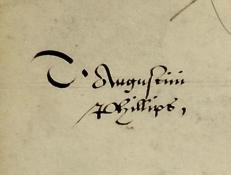The National Archives is one of the world’s most valuable resources for academic research and an independent research organization in its own right. As the official archive and publisher for the UK government, and England and Wales they are the guardians of some of the UK's most iconic national documents dating back more than 1,000 years. Their role is to collect and secure the future of the government record, both digital and physical, to preserve it for generations to come, and to make it as accessible and available as possible. The collection at Kew is open to everyone.
Terms of use
Images reproduced by permission of The National Archives, London, England.
The National Archives give no warranty as to the accuracy, completeness or fitness for the purpose of the information provided.
Images may be used only for purposes of research, private study or education. Applications for any other use should be made to The National Archives Image Library, Kew, Richmond, Surrey TW9 4DU, Tel: 020 8392 5225 Fax: 020 8392 5266.










